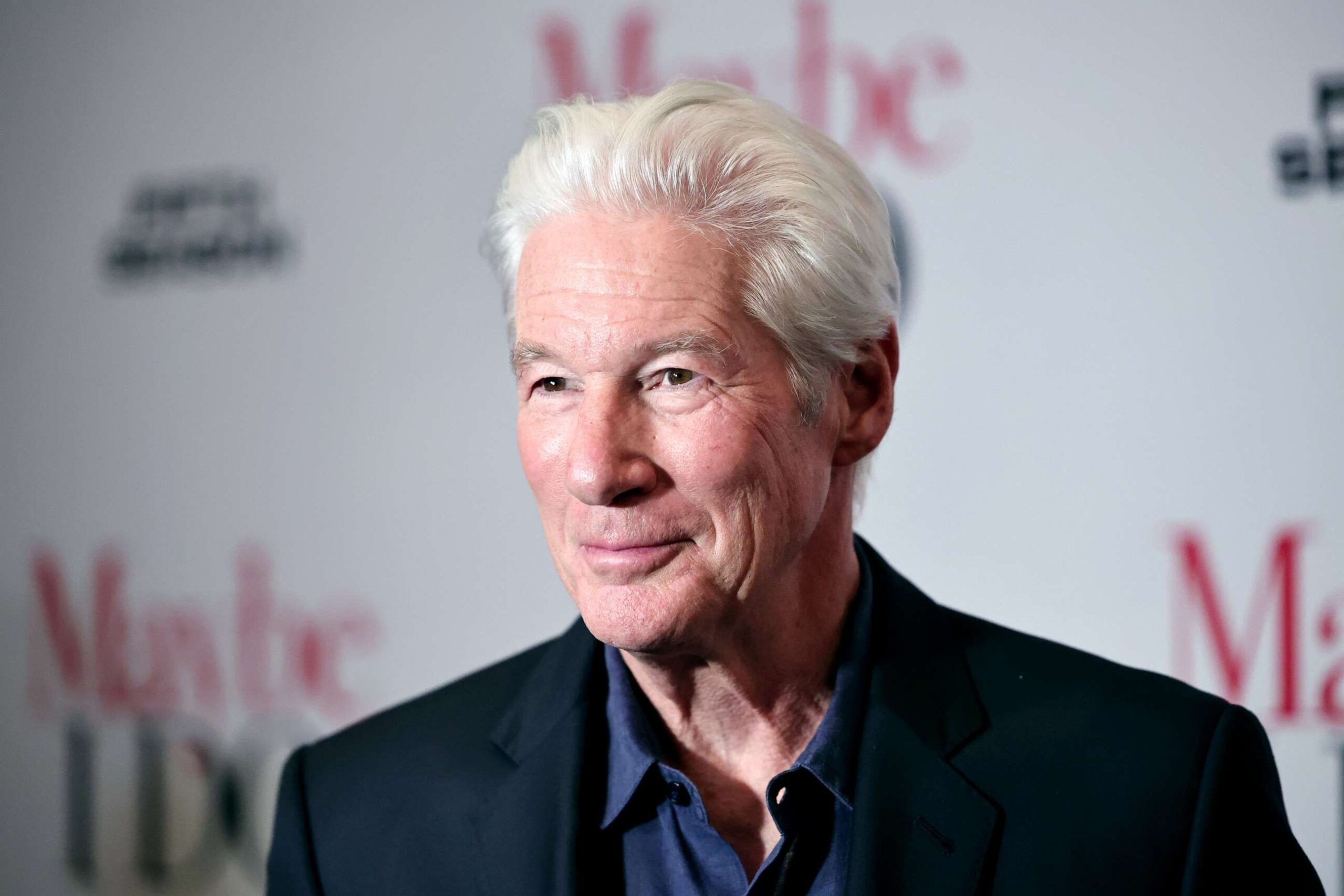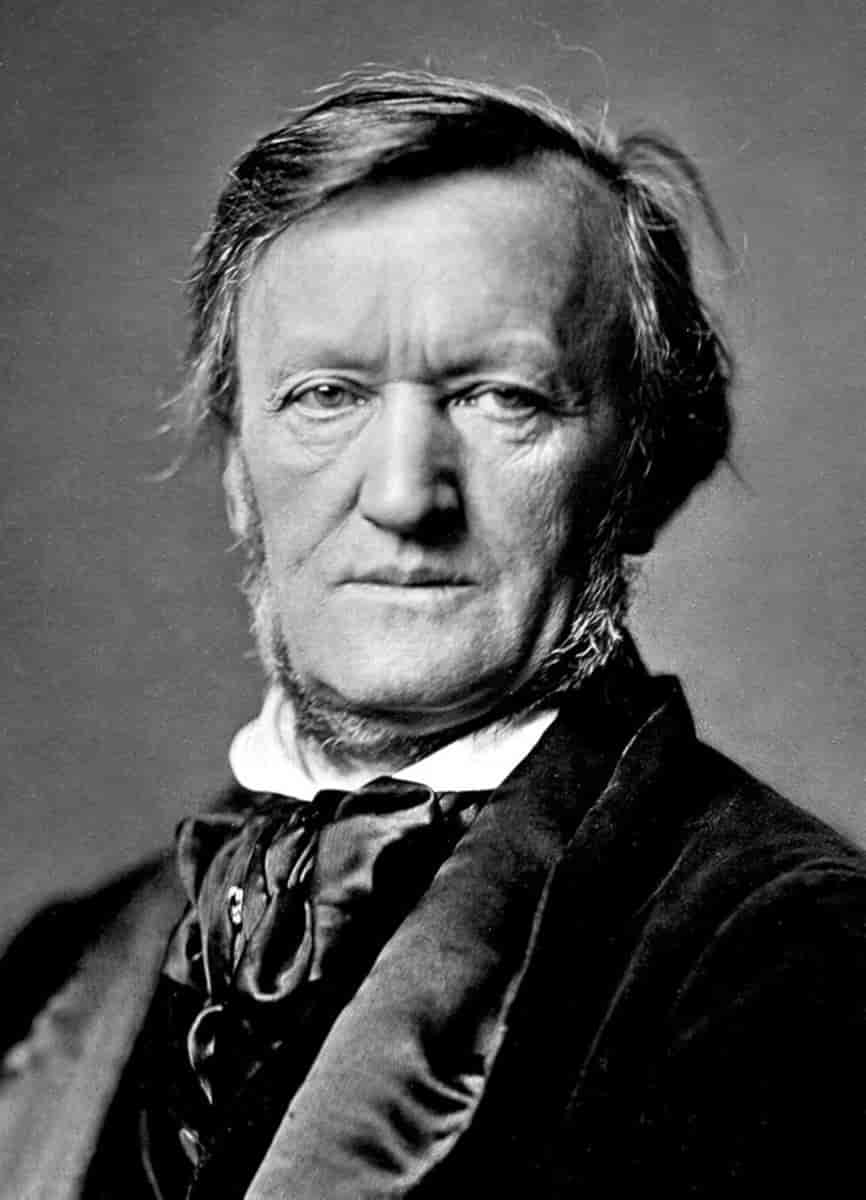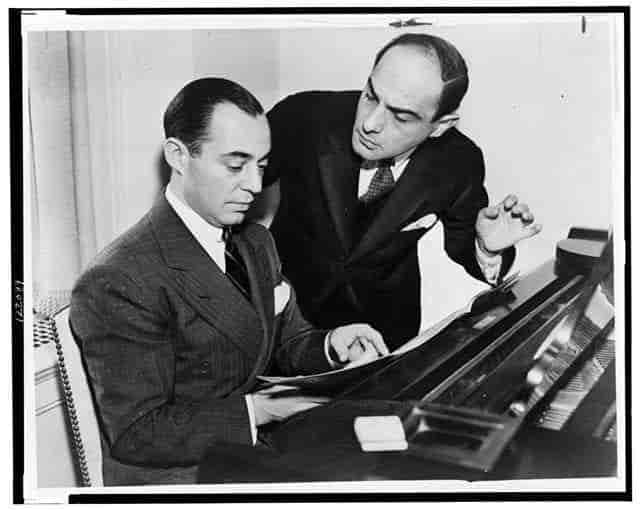
The name ‘Richard’ resonates through the annals of history, a potent identifier bestowed upon countless individuals who have, in turn, left indelible marks on the world stage. Originating from Old French and Old Frankish, its linguistic lineage traces back to Proto-Germanic roots, combining elements that signify ‘ruler, leader, king’ (*rīk-) and ‘strong, brave, hardy’ (*hardu-). This powerful etymology, meaning ‘strong in rule,’ hints at the formidable character often associated with those who bear this masculine given name, which has become common across English, German, and French cultures, as well as many other Germanic and European languages.
From the battlefields of medieval Europe to the hallowed halls of political power, the innovative studios of artistic expression, and the groundbreaking laboratories of scientific discovery, individuals named Richard have consistently stood out. Their contributions span an extraordinary breadth of human endeavor, reflecting the multifaceted nature of leadership, creativity, and intellectual pursuit. The enduring presence of this name in historical records and contemporary society alike speaks volumes about the impact of its bearers.
In this extensive exploration, we embark on a journey through the lives and achievements of fourteen remarkable individuals named Richard. Their stories collectively paint a vivid picture of influence, resilience, and profound accomplishment across diverse fields. We delve into their specific contributions, understanding how each ‘Richard’ leveraged their unique talents to shape their respective eras and leave a lasting impression on the collective human narrative, providing a comprehensive overview that honors their legacies.

1. **Richard I of England or Richard the Lionheart (1157–1199)**Richard I, famously known as Richard the Lionheart, stands as an iconic figure in English and European history, a monarch whose name became synonymous with courage and formidable leadership. Born in 1157, he ascended to the throne as King of England, a position he held until his death in 1199. His reign was a period marked by significant military campaigns and a distinct presence on the international stage, particularly during the Third Crusade.
The epithet ‘Lionheart’ was not merely a ceremonial title but a reflection of his reputation as a brave and skilled military commander. His actions and strategies on the battlefield earned him widespread renown, cementing his image as a warrior king. This formidable aspect of his persona aligns perfectly with the very essence of the name ‘Richard,’ which carries the powerful meaning of ‘strong in rule’ and ‘brave,’ underscoring the intrinsic connection between his name and his legendary character.
Beyond his military prowess, Richard I’s tenure as a ruler also involved complex political maneuverings within Europe. He was a key player in the intricate web of feudal relationships and dynastic ambitions that defined the medieval era. His life, though largely spent away from England, had profound implications for the development of the English monarchy and its place in the broader European political landscape, demonstrating the far-reaching impact of his decisions and influence.
His legacy endures not only in historical texts but also in popular culture, where he is often depicted as the archetypal heroic king. Richard the Lionheart remains a powerful symbol of medieval chivalry and royal authority, a testament to the enduring power of a name when coupled with a life of extraordinary achievement and a personality that captivated his contemporaries and continues to inspire generations, embodying the strength implied by his name.
Product on Amazon: Flag King Richard I of England Lionheart 1189 to 1199 150cm x 90cm
Brand: 1000 Flags
Binding: Kitchen Product Group: Lawn & Patio
Price: 5.88 USD
Rating: 3.6 Total reviews: 4
Recommended Uses For Product: Garden
Occasion: Flag Day
Material: Polyester
Special Feature: Foldable
Product Dimensions: 35.43″L x 59.06″W
Fabric Type: Polyester
Product Care Instructions: Hand Wash Only
Shape: Rectangular
Features:
1. 150cm x 90cm (5’x3′)
2. 100% high grade (75/d) polyester
3. Double stitched all the way around for extra strength
4. 2 Brass eyelets for flying
Shopping on Amazon >>
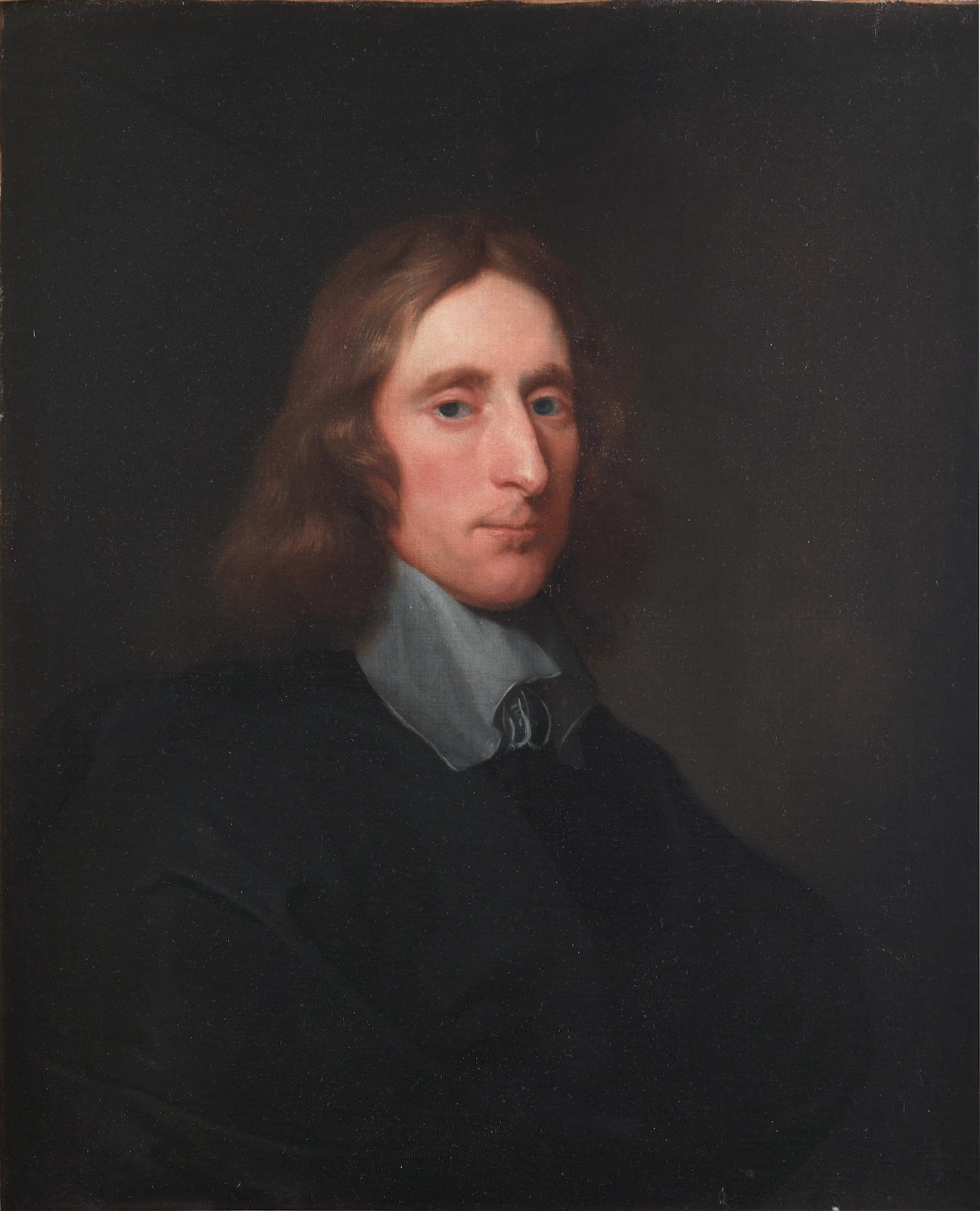
2. **Richard Cromwell (1626–1712)**Richard Cromwell occupies a unique, albeit brief, position in English history as the son and successor of Oliver Cromwell, inheriting the title of Protector of England. Born in 1626, he stepped into this pivotal role following his father’s death, at a time of immense political and social upheaval. His tenure, though short, represents a critical phase in the English Interregnum, marking a transition in the nation’s governance after the tumultuous years of the Civil War.
As Protector, Richard Cromwell faced the formidable challenge of consolidating power and maintaining the republican government established by his father. His succession was an attempt to provide continuity and stability to a nation still grappling with the profound changes brought about by the abolition of the monarchy. However, the political landscape was fraught with divisions among various factions, making his position inherently precarious and demanding a delicate balance of authority and diplomacy.
His period as the head of state, though not as militarily defined as his father’s, was significant in demonstrating the complexities of republican rule in England. The weight of his inherited leadership, coupled with the expectations placed upon him, cast a long shadow over his relatively brief time in power. He endeavored to govern the nation during a period of flux, attempting to navigate the intricate demands of a newly formed political system that was still finding its footing.
Richard Cromwell’s life extended well beyond his time as Protector, as he lived until 1712, witnessing the eventual restoration of the monarchy and further shifts in the English political order. His story is a poignant example of the challenges of succession and the often-unpredictable course of political history, serving as a reminder of a pivotal moment when England experimented with a republican form of government under the ‘strong rule’ of a Cromwell, albeit one with a different approach than his father.
Product on Amazon: Richard Cromwell N(1626-1712) Lord Protector Of England 1658-59 English Etching 1819 Poster Print by (18 x 24)
Brand: Posterazzi
Binding: Kitchen Product Group: Home
Price: 28.22 USD
Features:
1. Country of Origin : United States
2. The Package Height Of The Product Is 2 Inches
3. The Package Length Of The Product Is 30 Inches
4. The Package Width Of The Product Is 2 Inches
Shopping on Amazon >>

3. **Richard Baxter (1615–1691)**Richard Baxter, born in 1615, was an extraordinarily influential English Puritan church leader, whose prolific writings and steadfast convictions profoundly shaped religious thought and practice in the 17th century. His life spanned a period of intense theological debate, civil war, and significant shifts in the religious landscape of England. Baxter emerged as a leading voice within the Puritan movement, advocating for a deeply committed and practical Christian life that emphasized personal piety and moral conduct.
Beyond his role as a prominent church leader, Baxter was also a gifted poet and hymn-writer, demonstrating a versatility of talent that allowed him to communicate complex spiritual truths through various artistic forms. His hymns, imbued with a profound sense of devotion, continue to be cherished for their theological depth and lyrical beauty. This blend of pastoral care, intellectual rigor, and artistic expression made him a revered figure among his contemporaries and a subject of study for future generations of theologians.
Baxter’s commitment to his beliefs often placed him at odds with the changing political and religious authorities of his time. He was a tireless advocate for church reform and unity, navigating the turbulent waters of theological disagreements and ecclesiastical policies. His voluminous literary output, encompassing sermons, treatises, and devotional works, reflects his dedication to instructing and guiding his flock through an era of profound spiritual and societal transformation.
His enduring legacy lies in his unwavering devotion to spiritual principles and his articulate defense of a reformed faith. Richard Baxter’s life exemplifies a dedication to ‘strong rule’ not just in a temporal sense, but in the steadfast governance of one’s own conscience and the spiritual direction of a community. He remains a towering intellectual and spiritual figure in the history of English Puritanism, whose insights into Christian living continue to resonate, highlighting the intellectual fortitude often associated with the name Richard.
Product on Amazon: HistoricalFindings Photo: Richard Baxter,1615-1691,English Puritan Church Leader,hymn-Writer,Theologian
Brand: HistoricalFindings
Binding: Unknown Binding Product Group: Furniture
Price: 11 USD
Shopping on Amazon >>

4. **Richard Nixon (1913–1994)**Richard Nixon, an American politician born in 1913, left an indelible and complex mark on the nation’s political narrative, serving at the highest echelons of government during a transformative era. His career trajectory was remarkable, beginning with his tenure as Vice President of the United States from 1953 to 1961, under President Dwight D. Eisenhower. This experience provided him with crucial insights into foreign policy and national security, shaping his later vision for American leadership.
Following his vice-presidency, Nixon later achieved the ultimate political office, becoming the 37th President of the United States, serving from 1969 to 1974. His presidency was characterized by significant policy initiatives and historical events, both domestically and internationally. He oversaw major shifts in foreign relations, including opening diplomatic channels with China, and pursued domestic policies that aimed to address social and economic challenges facing the nation.
His time in the White House was a period of intense activity and profound change, as the United States navigated the complexities of the Cold War, the Vietnam War, and a rapidly evolving global landscape. Nixon’s leadership during these years required a firm hand and a strategic mind, characteristics that align with the etymological meaning of the name Richard, signifying ‘strong in rule.’ His ability to command and direct policy, even amidst profound national and international challenges, speaks to a particular brand of political strength.
Richard Nixon’s political journey, spanning several decades until his passing in 1994, is a testament to his ambition and resilience. He was a figure of immense influence, whose decisions and actions continue to be analyzed and debated in the context of American history and political science. His story underscores the significant impact that individuals bearing the name Richard can have in shaping the destiny of nations, demonstrating an unwavering pursuit of power and influence.
Product on Amazon: RN: The Memoirs of Richard Nixon (Richard Nixon Library Editions)
Binding: Kindle Edition Product Group: Digital Ebook Purchas
Price: 3.99 USD
Rating: 4.6 Total reviews: 237
Shopping on Amazon >>

5. **Richard Branson (born 1950)**Richard Branson, born in 1950, stands as one of the most recognizable and dynamic British businessmen of modern times, celebrated for his innovative spirit and audacious entrepreneurial ventures. He is best known as the founder of the Virgin Group of companies, a conglomerate that has diversified across an astonishing array of industries, from music and airlines to telecommunications and space tourism. His approach to business has consistently challenged conventional wisdom, often prioritizing brand experience and customer engagement.
The genesis of the Virgin Group began in the music industry, evolving from a mail-order record company to a globally recognized record label, Virgin Records. This initial success laid the groundwork for Branson’s ambitious expansion into other sectors. His business philosophy often involves identifying established industries ripe for disruption and infusing them with a distinct, often playful, Virgin brand identity, thus creating a unique market presence.
Branson’s entrepreneurial journey is not merely about accumulating wealth; it’s about a persistent drive to innovate and explore new frontiers. His ventures into space tourism with Virgin Galactic exemplify this pioneering spirit, pushing the boundaries of commercial enterprise and daring to make the seemingly impossible a reality. This relentless pursuit of new opportunities, coupled with a willingness to take calculated risks, underscores the ‘hardy’ and ‘brave’ aspects embedded in the name Richard.
His influence extends beyond the boardroom, as he is also a prominent philanthropist and adventurer, often using his platform to advocate for social and environmental causes. Richard Branson embodies a contemporary interpretation of ‘strong in rule’—not through political or military power, but through the immense influence wielded by a visionary business leader. His dynamic career illustrates how a singular individual can build a vast empire and redefine what it means to be a global entrepreneur, reflecting a powerful and assertive leadership style.
6. **Richard Wagner (1813–1883)**Richard Wagner, born in 1813, remains an colossal figure in the history of music, recognized as a German composer, writer, conductor, and theatre director whose revolutionary approach to opera forever altered the course of Western classical music. His vision extended beyond mere musical composition; he sought to create a ‘Gesamtkunstwerk,’ or ‘total work of art,’ where music, drama, poetry, and stagecraft were seamlessly integrated into a unified aesthetic experience. This holistic artistic philosophy set him apart from his contemporaries.
Wagner’s operas, often monumental in scale and rich in mythological themes, are characterized by their innovative use of leitmotifs, recurring musical themes associated with particular characters, objects, or ideas. This technique allowed for unprecedented dramatic depth and psychological complexity within his works. Compositions such as *Tristan und Isolde*, *Parsifal*, and *Der Ring des Nibelungen* continue to be cornerstones of the operatic repertoire, demanding immense vocal and orchestral resources.
His influence as a conductor was also significant, as he championed new approaches to interpretation and performance, advocating for a more immersive and emotionally charged experience for the audience. As a writer, he penned his own librettos, ensuring that the dramatic and poetic elements of his works were entirely aligned with his musical intentions. This singular control over every aspect of his creations speaks to a powerful artistic ‘rule’ over his craft, mirroring the ‘strong in rule’ meaning of his name.
Richard Wagner’s life, which concluded in 1883, was as dramatic and influential as his operas. He was a figure of immense artistic vision and unyielding conviction, whose ideas often generated controversy but ultimately reshaped the expectations and possibilities of the musical stage. His legacy continues to inspire awe and critical debate, solidifying his position as one of history’s most ambitious and impactful composers, a true titan of artistic innovation and a testament to profound creative leadership.
Product on Amazon: Richard Wagner: A Life in Music
Binding: Kindle Edition Product Group: Digital Ebook Purchas
Price: 29.22 USD
Rating: 4.4 Total reviews: 27
Shopping on Amazon >>
7. **Richard Rodgers (1902–1979)**Richard Rodgers, born in 1902, is celebrated as one of the most prolific and influential American composers of the 20th century, whose melodies and theatrical innovations helped define the golden age of American musical theatre. His career, spanning several decades until his death in 1979, was marked by an extraordinary partnership with lyricists Lorenz Hart and Oscar Hammerstein II, resulting in some of the most beloved and enduring works in the history of Broadway.
With Lorenz Hart, Rodgers composed a series of sophisticated and witty musicals that captured the zeitgeist of the 1920s and 1930s. Their collaborations produced hits such as *Babes in Arms* and *Pal Joey*, showcasing Rodgers’ exceptional talent for crafting memorable tunes that perfectly complemented Hart’s poignant and clever lyrics. This early period established him as a significant force in the evolving landscape of American popular music and stage productions.
His partnership with Oscar Hammerstein II, beginning in the 1940s, yielded an unprecedented string of groundbreaking musical dramas that revolutionized the form. Shows like *Oklahoma!*, *Carousel*, *South Pacific*, *The King and I*, and *The Sound of Music* became cultural touchstones, known for their integrated storytelling, rich character development, and unforgettable scores. These works demonstrated Rodgers’ mastery of musical narrative and his ability to convey complex emotions through song.
Rodgers’ ability to compose music that was both universally appealing and dramatically effective speaks to a profound understanding of the theatrical medium. His compositions are characterized by their melodic beauty, harmonic sophistication, and rhythmic vitality, qualities that ensured their timeless appeal. He exercised a quiet but powerful ‘rule’ over the American musical landscape, consistently producing work that was both commercially successful and artistically acclaimed.
Richard Rodgers’ legacy is not only found in the countless performances of his musicals but also in the profound impact he had on the development of musical theatre as an art form. His innovations in storytelling and his unwavering commitment to craft exemplify the ‘strong’ and ‘hardy’ qualities of the name Richard, securing his place as an undisputed giant of American music and a defining voice of his era.

8. **Richard Hatch (1945–2017)**Richard Hatch, an American actor, writer, and producer, became a household name through his seminal role as Captain Apollo in the original “Battlestar Galactica” television series. Born in 1945, his career spanned several decades, showcasing a versatility that extended beyond the science fiction genre. Hatch’s portrayal of the heroic and principled Apollo endeared him to millions of viewers, establishing him as a significant figure in the cultural landscape of late 1970s television.
His association with “Battlestar Galactica” was profound and enduring. Even after the initial series concluded, Hatch remained a passionate advocate for its legacy and continued mythology, tirelessly working to revive the franchise. His dedication to the “Galactica” universe was further exemplified by his involvement in a fan-produced film, “Battlestar Galactica: The Second Coming,” which he co-wrote and starred in, demonstrating his unwavering commitment to the narrative that defined a significant part of his professional life.
Hatch’s career was not solely confined to science fiction. He also appeared in numerous other television shows and films, including roles in “The Streets of San Francisco” and “Hawaii Five-O,” showcasing his range as a dramatic actor. Beyond acting, his talents extended to writing and producing, contributing to various projects throughout his life. Richard Hatch, who passed away in 2017, left behind a legacy as a beloved actor and a staunch champion of a groundbreaking science fiction narrative, embodying the spirit of dedication and influence.
Product on Amazon: Richard Rodgers (Yale Broadway Masters Series)
Binding: Kindle Edition Product Group: Digital Ebook Purchas
Price: 22 USD
Rating: 4.4 Total reviews: 6
Shopping on Amazon >>

9. **Richard Burton (1925–1984)**Richard Burton, born Richard Jenkins in 1925, was a Welsh actor renowned for his powerful voice, intense stage presence, and tumultuous personal life. Widely regarded as one of the greatest actors of his generation, Burton captivated audiences with his commanding performances in both classical and contemporary roles. His early career saw him rise to prominence in the British theatre, particularly for his Shakespearean interpretations, which earned him critical acclaim for their emotional depth and intellectual rigor.
Burton transitioned successfully to Hollywood, where he achieved international stardom. His filmography includes iconic performances in movies such as “Who’s Afraid of Virginia Woolf?” alongside Elizabeth Taylor, with whom he shared a famously passionate and volatile relationship, marrying twice. Other notable films like “Cleopatra,” “Becket,” and “The Spy Who Came in from the Cold” further solidified his reputation as a formidable cinematic presence, capable of conveying complex characters with profound conviction.
Despite his immense talent and box-office success, Burton was known for a life marked by personal struggles, which often overshadowed his professional achievements in the public eye. His distinct voice and theatrical delivery became hallmarks of his style, leaving an indelible impression on every role he undertook. Richard Burton, who died in 1984, remains a towering figure in acting history, a testament to the dramatic force and enduring legacy that individuals bearing the name Richard can exert on artistic expression.

10. **Richard Feynman (1918–1988)**Richard Feynman, born in 1918, was an American theoretical physicist who revolutionized the field with his groundbreaking work in quantum electrodynamics, for which he was awarded the Nobel Prize in Physics in 1965, shared with Julian Schwinger and Shin’ichirō Tomonaga. His contributions extended far beyond this achievement, encompassing pivotal work in quantum mechanics, particle physics, and the theory of superfluidity. Feynman’s approach to physics was characterized by an unparalleled intuition and an unconventional, often playful, style of problem-solving.
Beyond his scientific breakthroughs, Feynman was celebrated as an extraordinary educator and communicator of science. His lectures, particularly the “Feynman Lectures on Physics,” remain seminal texts for students and enthusiasts alike, revered for their clarity, insight, and engaging presentation. He possessed a rare ability to demystify complex scientific concepts, making them accessible without sacrificing intellectual rigor, fostering a new generation of scientific thinkers and curious minds.
Feynman was also a prominent figure in the development of the atomic bomb during World War II, working on the Manhattan Project at Los Alamos. His later career involved significant public service, including his role on the Rogers Commission, which investigated the Space Shuttle Challenger disaster, where his clear and forthright analysis was instrumental in uncovering the technical failures. Richard Feynman, who passed away in 1988, is remembered not only as a brilliant physicist but also as a charismatic polymath who profoundly influenced both scientific thought and public understanding of science, reflecting the ‘hardy’ and ‘brave’ intellectual pursuit embedded in his name.
Product on Amazon: The Richard Burton Diaries
Binding: Kindle Edition Product Group: Digital Ebook Purchas
Price: 16.99 USD
Rating: 4.3 Total reviews: 665
Shopping on Amazon >>
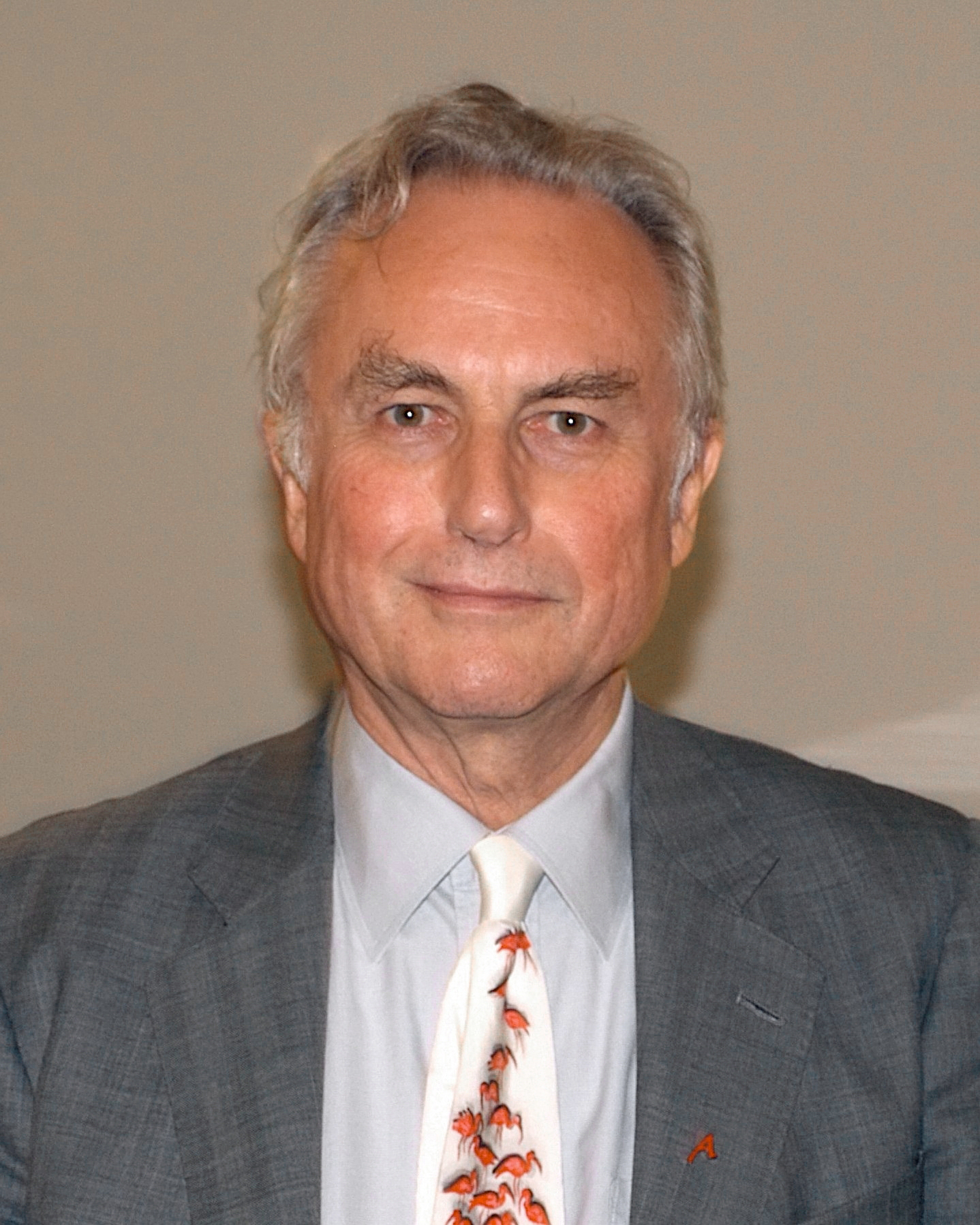
11. **Richard Dawkins (born 1941)**Richard Dawkins, born in 1941, is an English ethologist, evolutionary biologist, and author whose provocative and influential writings have significantly shaped contemporary discussions on evolution, atheism, and scientific understanding. Best known for his 1976 book, *The Selfish Gene*, Dawkins introduced the concept of the gene as the primary unit of selection in evolution, a perspective that has been both widely adopted and debated within the scientific community. His work has consistently championed a gene-centric view of evolution.
As a vocal public intellectual, Dawkins has dedicated much of his career to popularizing science and advocating for scientific literacy. His subsequent books, including *The Extended Phenotype*, *The Blind Watchmaker*, and *The God Delusion*, have further explored and elaborated on evolutionary theory while also critically examining religious belief. Through his accessible writing style and eloquent arguments, he has become a leading proponent of atheism and critical thinking, challenging traditional dogma with empirical evidence.
Dawkins’s influence extends to his academic career, having served as the Charles Simonyi Professor for the Public Understanding of Science at the University of Oxford. His rigorous logical approach and clear articulation of complex scientific ideas have made him a powerful force in public discourse. Richard Dawkins continues to be a prominent voice in the scientific and philosophical arena, demonstrating a ‘strong in rule’ command over intellectual arguments and an unwavering commitment to the dissemination of scientific knowledge.

12. **Richard Adams (1920–2016)**Richard Adams, born in 1920, was an English author whose debut novel, *Watership Down*, became an unexpected literary phenomenon and an enduring classic of children’s literature, despite its sophisticated themes and narrative complexity. Published in 1972, the novel, which tells the epic tale of a group of rabbits seeking a new home, was initially rejected by several publishers before becoming a best-seller and winning both the Carnegie Medal and the Guardian Children’s Fiction Prize. Adams’s work captivated readers with its intricate world-building and profound exploration of freedom, survival, and community.
Beyond *Watership Down*, Adams continued to write, producing other notable works such as *Shardik* (1974) and *The Plague Dogs* (1977), which similarly explored themes of animal welfare, mythology, and the complexities of nature versus human intervention. His writing style was characterized by richly descriptive prose, a deep understanding of natural history, and a keen ability to infuse animal characters with human-like motivations and struggles, making his narratives resonate deeply with a diverse readership.
Adams’s background as a civil servant, rather than a professional writer, before his literary success added to the unique charm of his story. His imaginative storytelling and ability to craft compelling narratives from unconventional perspectives solidified his place in modern English literature. Richard Adams, who passed away in 2016, left an indelible mark on the literary world, demonstrating the profound ‘strength in rule’ over narrative and imagination that can be achieved by individuals bearing his name, enriching the landscape of modern fiction.

13. **Rickey Henderson (born 1958)**Rickey Henderson, born in 1958, is an American baseball left fielder widely celebrated as one of the greatest leadoff hitters and base runners in the history of Major League Baseball. Known for his electrifying speed and aggressive style of play, Henderson redefined the role of the leadoff batter. His career was marked by an astonishing array of records, including the all-time leader in stolen bases, leadoff home runs, and career walks, demonstrating an unparalleled ability to influence a game from the very first pitch.
Henderson’s career spanned multiple decades, playing for numerous teams, most notably the Oakland Athletics, where he spent the majority of his prime years. His distinctive batting stance, characterized by a crouch and a high leg kick, combined with his exceptional eye at the plate, made him a formidable offensive threat. He was a master of the stolen base, frequently disrupting opposing pitchers and defenses with his aggressive tactics, earning him the nickname “The Man of Steal.”
Beyond his individual achievements, Henderson was a vital component of successful teams, contributing significantly to two World Series championships with the Oakland Athletics in 1989 and the Toronto Blue Jays in 1993. His impact transcended statistics; he brought an infectious energy and excitement to the game that captivated fans. Rickey Henderson’s career exemplifies the ‘hardy’ and ‘brave’ spirit of a relentless athlete, establishing him as an undisputed legend of baseball and a testament to sustained excellence in sports.

14. **Richard Petty (born 1937)**Richard Petty, born in 1937, is an American former stock car racing driver, widely regarded as the most decorated driver in the history of NASCAR. Known affectionately as “The King,” Petty’s dominance in the sport spanned four decades, securing an unprecedented seven NASCAR Cup Series championships and a record 200 career wins. His distinctive “Petty Blue” Plymouth and later Dodge cars, often adorned with his iconic Stetson hat, made him one of the most recognizable figures in American motorsports.
Petty’s career began in the late 1950s, following in the footsteps of his father, Lee Petty, also a NASCAR legend. He quickly established himself as a formidable competitor, combining raw talent with a deep understanding of race car mechanics and strategy. His unparalleled success in the Daytona 500, which he won a record seven times, further cemented his status as a titan of the track, demonstrating an extraordinary blend of skill, endurance, and strategic acumen.
Beyond his incredible driving prowess, Petty also became a respected team owner and ambassador for NASCAR, helping to popularize the sport across America. His enduring charisma and connection with fans made him a beloved public figure, transcending the world of racing. Richard Petty continues to be an influential presence in motorsports, embodying the ‘strong in rule’ and ‘brave’ spirit that is often associated with the name Richard, leaving an undeniable legacy as a true icon of American competitive sports.
The lives of these fourteen individuals named Richard, spanning centuries and encompassing realms from medieval royalty and profound religious leadership to cutting-edge scientific inquiry, entrepreneurial innovation, and the vibrant worlds of art and sport, present a remarkable tapestry of human achievement. Their diverse paths, united by the resonance of a name signifying ‘strong in rule’ and ‘brave,’ underscore the enduring capacity of individuals to shape history, inspire generations, and leave an indelible mark on the collective consciousness. From the theatrical stages and literary landscapes to the athletic arenas and scientific frontiers, each Richard has, in their unique way, exemplified the power of ambition, intellect, and an unwavering spirit to redefine their respective fields, proving that some names are truly destined for greatness.

